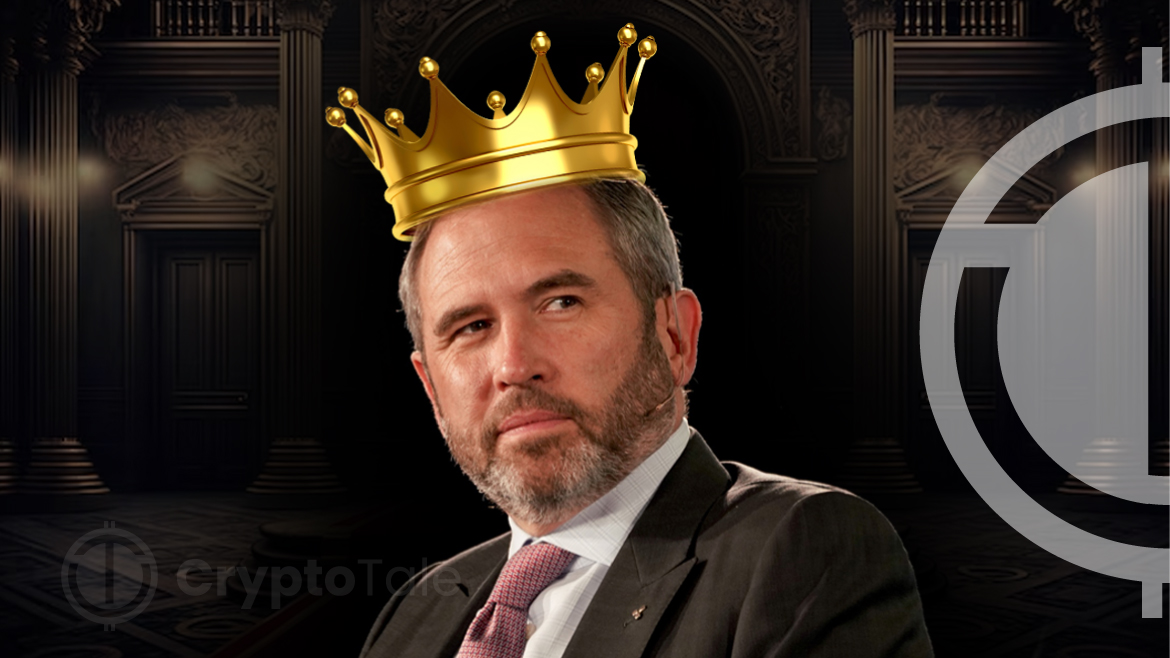- Brad Garlinghouse reflects on Ripple’s challenging journey and legal victory against the SEC, emphasizing the personal and financial impacts of the lawsuit.
- Ripple’s continued innovation and strategic partnerships in the CBDC space underscore the company’s resilience amidst legal uncertainties.
- Garlinghouse suggested the Ripple-SEC case outcome could influence future SEC regulatory approaches toward other cryptocurrencies.
Brad Garlinghouse, CEO of Ripple, recently took center stage at a significant event in the cryptocurrency world following a landmark legal victory against the U.S. Securities and Exchange Commission (SEC). The event, named “The Proper Party,” was held at the historic Hammerstein Ballroom in New York. This gathering marked a pivotal moment for Ripple and the broader crypto community, celebrating a win in a high-stakes legal battle.
Reflecting on the lawsuit’s announcement in December 2020, Garlinghouse recounted the personal impact it had on him. He described it as a “dark time,” emphasizing the unexpected nature of the lawsuit, especially given his previous cooperative interactions with the SEC. Garlinghouse’s narrative conveyed a sense of betrayal, highlighting his efforts to engage transparently with SEC officials, including a meeting with former SEC Chairman Jay Clayton without legal representation, to discuss Ripple’s operations and technology.
The financial and operational toll of the lawsuit on Ripple was significant. Garlinghouse disclosed that the company spent approximately $150 million in legal defense, a factor that hindered Ripple’s growth and affected the XRP ecosystem. He also touched upon the irony of the SEC’s actions, which, while purportedly aiming to protect XRP holders, resulted in the token’s delisting from major exchanges, adversely impacting its price and the investors themselves.
Garlinghouse’s comments also delved into the motivations behind the SEC’s lawsuit. He expressed uncertainty about the reasons for the SEC’s actions, alluding to the “ETHGate” theory, which suggests potential conflicts of interest within the SEC favoring certain cryptocurrencies. However, he stopped short of fully endorsing this theory, maintaining a stance of ambiguity regarding the SEC’s intentions.
The Ripple CEO highlighted the company’s resilience and continued innovation amidst the legal battle. He pointed out Ripple’s advancements in the central bank digital currency (CBDC) space and its partnerships with global financial institutions, signaling the company’s strategic growth despite the legal uncertainties.
Garlinghouse’s remarks at the event underscored the broader implications of Ripple’s victory for the cryptocurrency industry. He suggested that the outcome could shape the SEC’s future regulatory approach towards other crypto projects. Garlinghouse emphasized, “Had Ripple not won this case,” the SEC might have been emboldened to pursue more aggressive actions against other projects in the crypto space.
Meanwhile, XRP’s value recently experienced a notable increase following a significant transaction involving a Ripple-associated wallet. The wallet transferred 24.2 million XRP, worth approximately $14.9 million, to the Bitstamp exchange. This transaction coincided with a 4.45% rise in XRP’s value.






